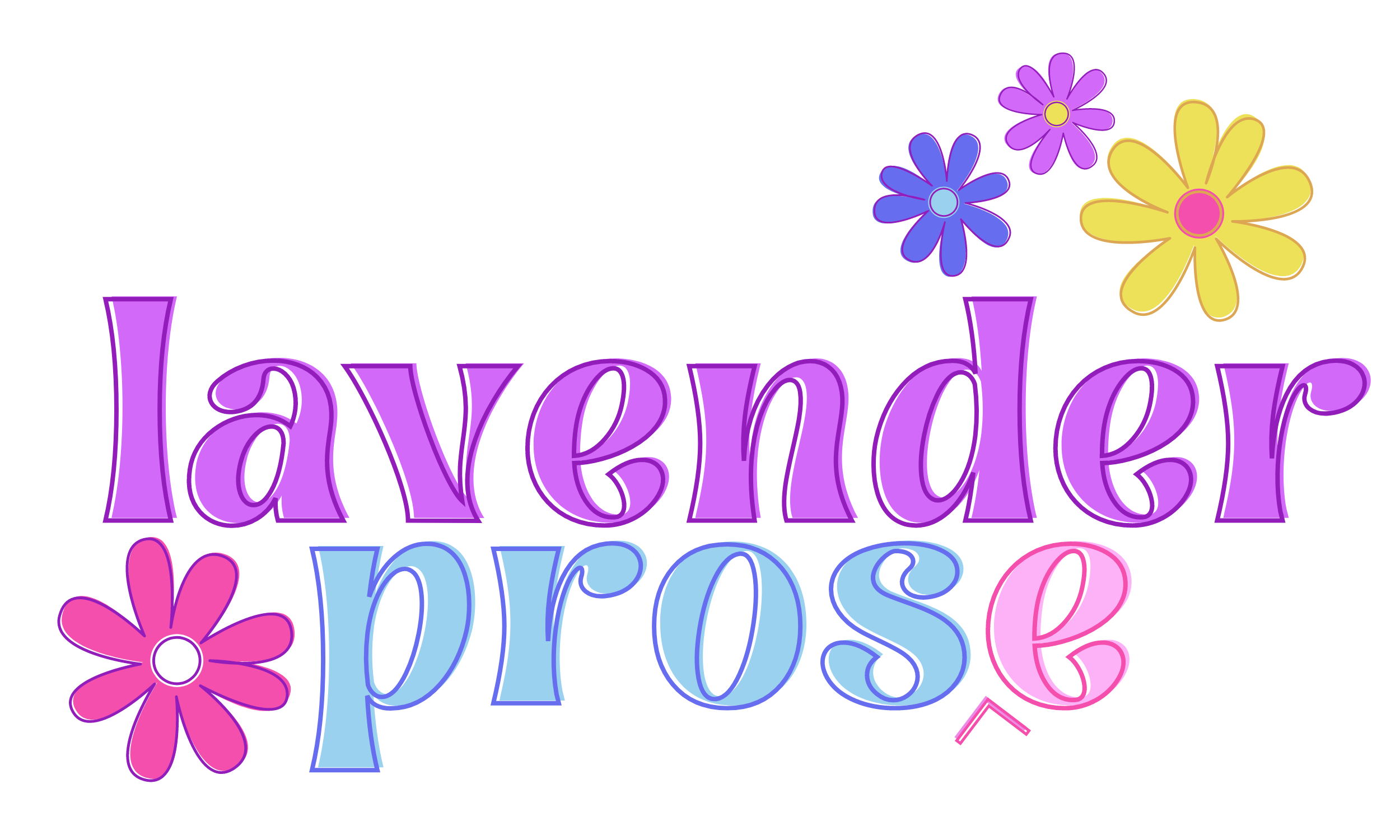Rewriting for Pantsers
I've written a post on rewriting just for plotters--I shared it last month so that plotters have more time to get to plotting!
But what if you're a pantser?
A pantser is someone who doesn't outline. You sit down to write without any outlining, barely knowing your own characters and the world they live in.
I used to be a pantser; and that's a perfectly acceptable way to write. I remember the boxed in feeling that an outline used to give me and, wow, I would avoid that at all costs!
Does that sound like you?
And if that's how you feel about outlining, how scary is it that when we rewrite, we should rewrite every single word? (Except the ones we take out, of course!) But go over every last thing to perfect it? Yikes!
Don't worry! I know you can do it!
It won't be easy. But your book will be AMAZING for it!
And your readers will love you for putting all of that time, effort, and love into your novel!
Still a bit freaked out? Wondering how you're going to rewrite your manuscript even though it's all over the place? Keep reading!
TAKE A BREAK
YOU JUST WROTE A NOVEL!! Your brain needs some time to recoup. Your heart probably does, too, because all the feels.
Once you write those words “the end” . . . put the manuscript away. Tuck it into bed and then go take a nap, because you deserve it.
Try to leave it be for a few weeks. (I think it's Stephen King who says that he will set his novels aside until he nearly forgets about them . . . Try to do the same!) RESIST THE URGE TO TAKE IT BACK OUT SO SOON. You’ll feel better for it if you ignore it, because when you do come back to it, you’ll feel refreshed and ready to tackle the task ahead.
So what do you do when you pull out that novel for the first time?
READ EVERY WORD
If you took that break, it will be much easier to read it as a reader—and that’s what you want the first time around. You can still make notes to yourself, but try to keep from being overly critical. Get the overall feel that the novel ended up with, the emotions that it brings.
MAKE AN OUTLINE
That book you just read? There are plot points in there. A beginning, a middle, an end; tension building moments, huge, life-changing scenes . . . . What are they? Define the plot points that you HAVE TO keep around; the ones that are vital to the story. The ones that would change the whole story if they were missing.
If that’s all you want to make sure you keep, don’t bother making an elaborate outline. But if there are scenes that you really liked how they turned out, make notes about them, too.
It will be easy to get carried away with the rewriting process, so you don’t want to go too crazy cutting out scenes and characters.
READ IT AGAIN . . . CRITICALLY
Print out your manuscript and make sure the margins and line spacings are generous! Then make a crazy amount of notes about those “big picture” things; worldbuilding, plot, character development—not the little details, those will come later! But any of these things that you’re not happy with, make a note of it. Define why you feel that way, too. If you’re not sure of all of the questions you should be asking yourself, check out this betareading guide. :)
USE THOSE NOTES
What do you want to change? How do you want to change it?
Do research if you feel like you need to.
As a pantser, your world probably won’t be too well developed just yet. That’s fine! Develop it now as much as you feel like you need to before you continue.
Get to know those side characters that you met along the way and more fully develop their characters.
Whatever it is you feel like you need to do to prep for this rewrite, do it!
Again, as a pantser, there will be many things that you only learned about your world, characters, or story as you were writing. Develop those things now, as much as you need to to have a good grasp of them before you start the rewrite.
REWRITE
You don’t have to rewrite word by word for a second draft, because there will be a lot that you'll be cutting out and changing, but you’ll want to eventually.
Take those chapters (or scenes if you don’t have specific chapters defined yet) and work some magic on them.
Set a realistic goal for when you want to be done with your rewrites, then get to it—and reward yourself for it along the way! This is hard work!
And after all of this, you’ve finished draft number two. Yayayayay!!!
Reward yourself for it, then work on draft three! :D





